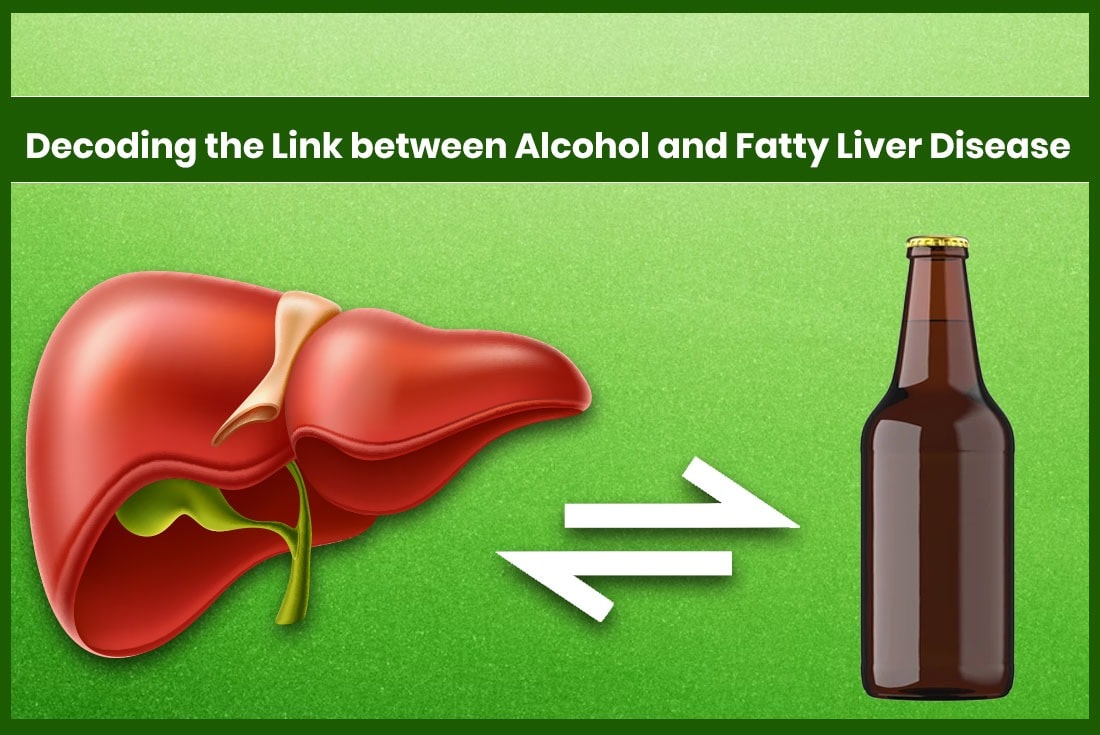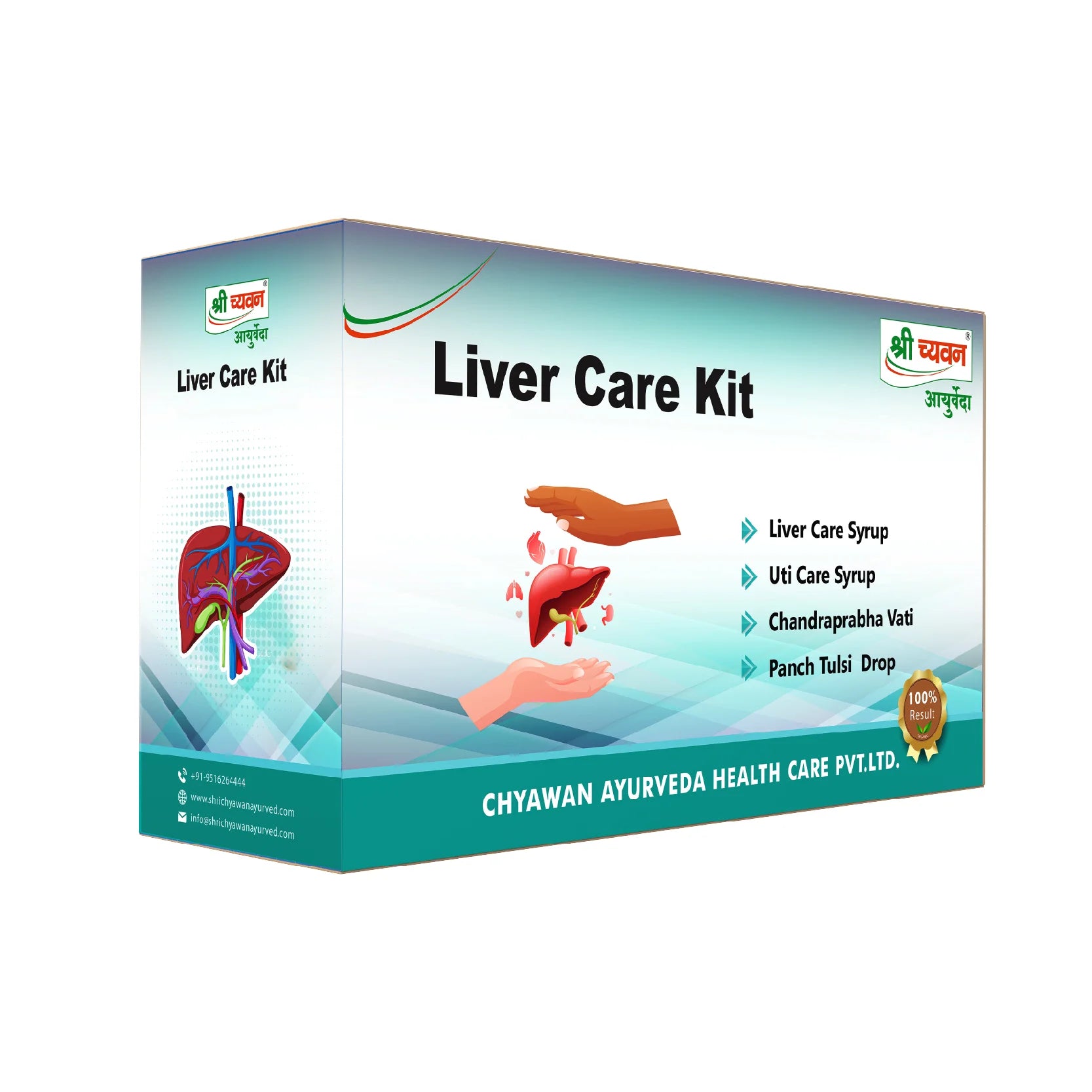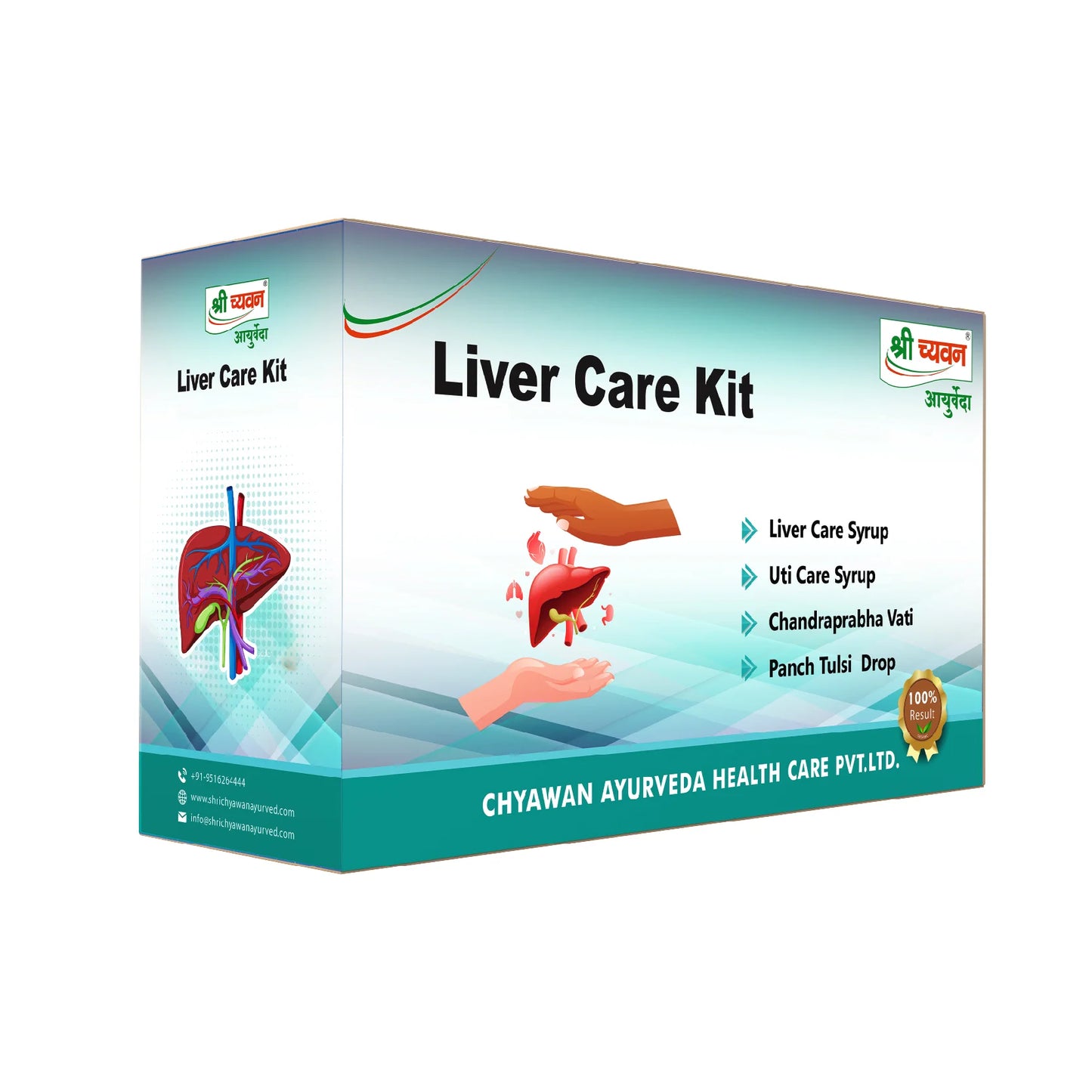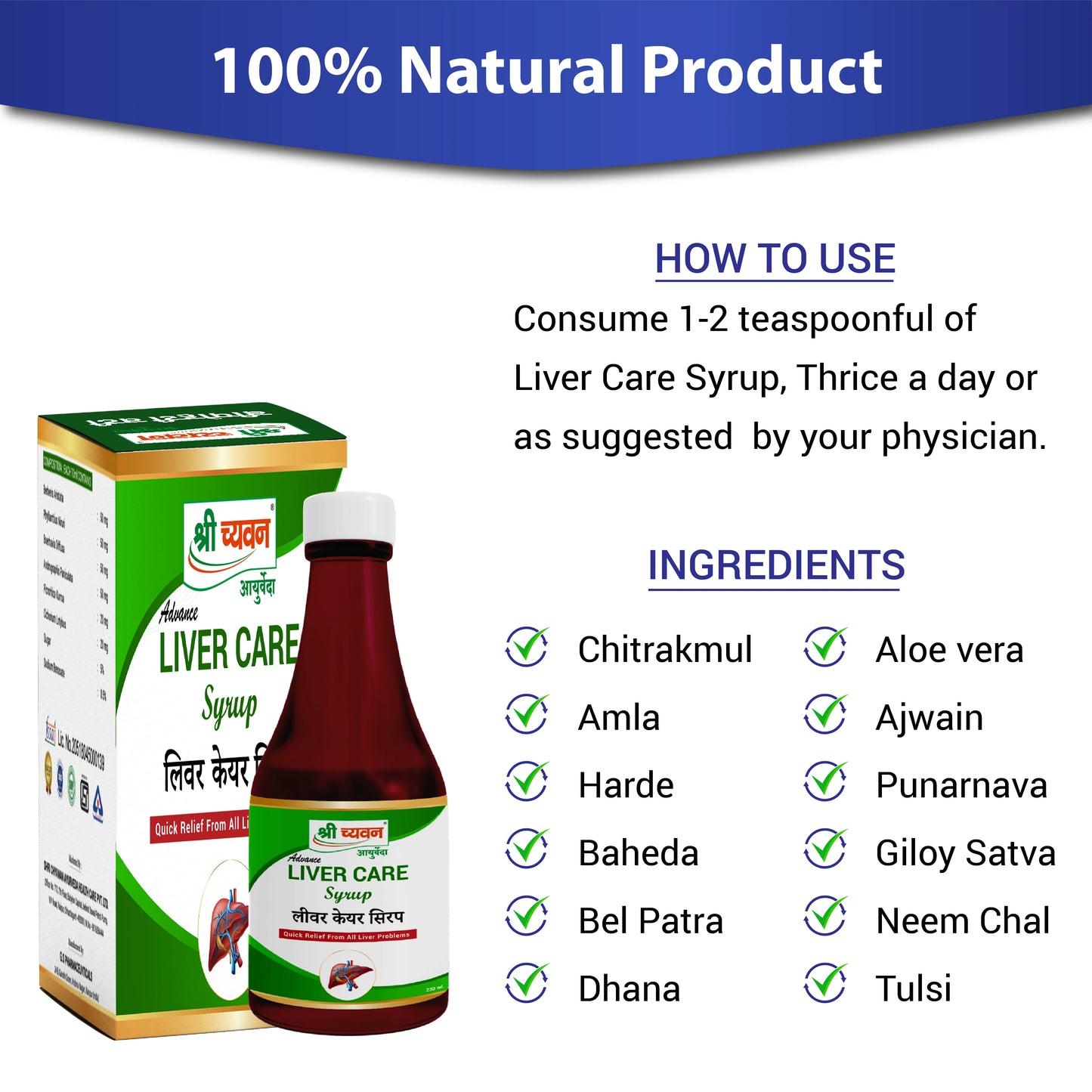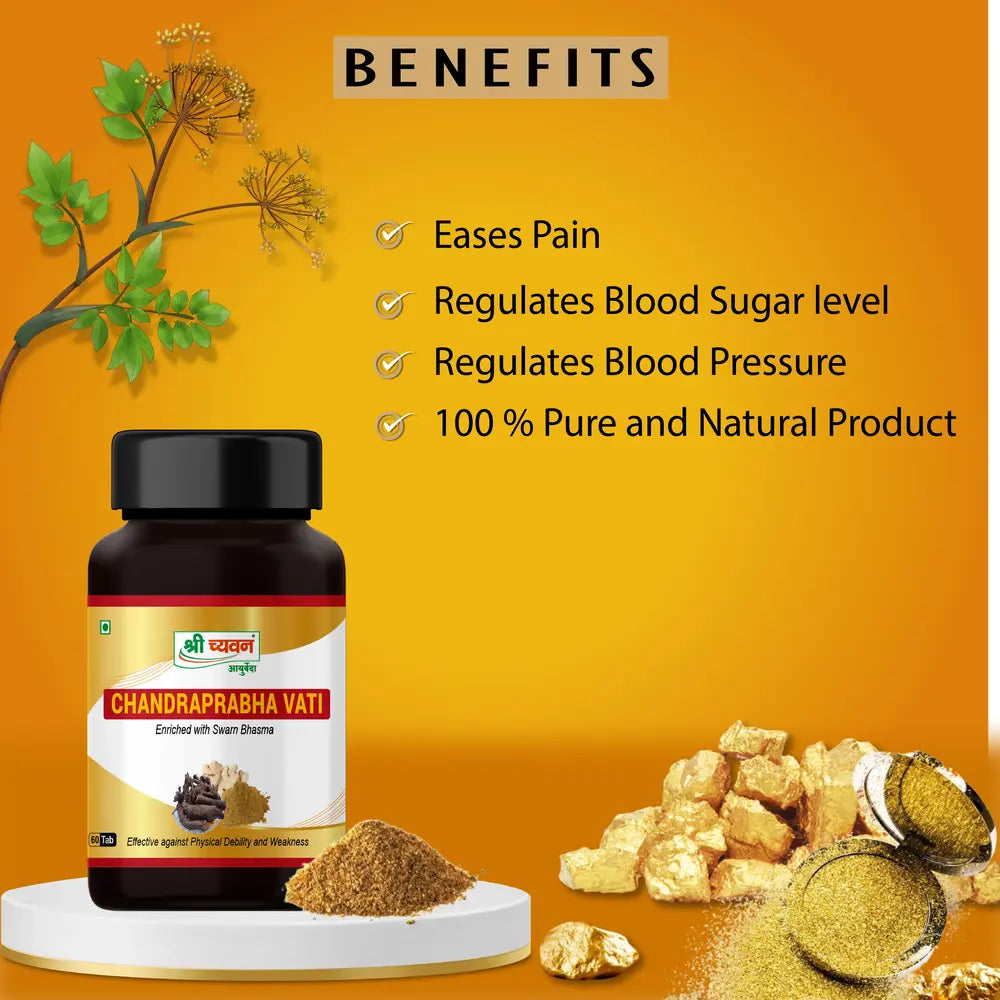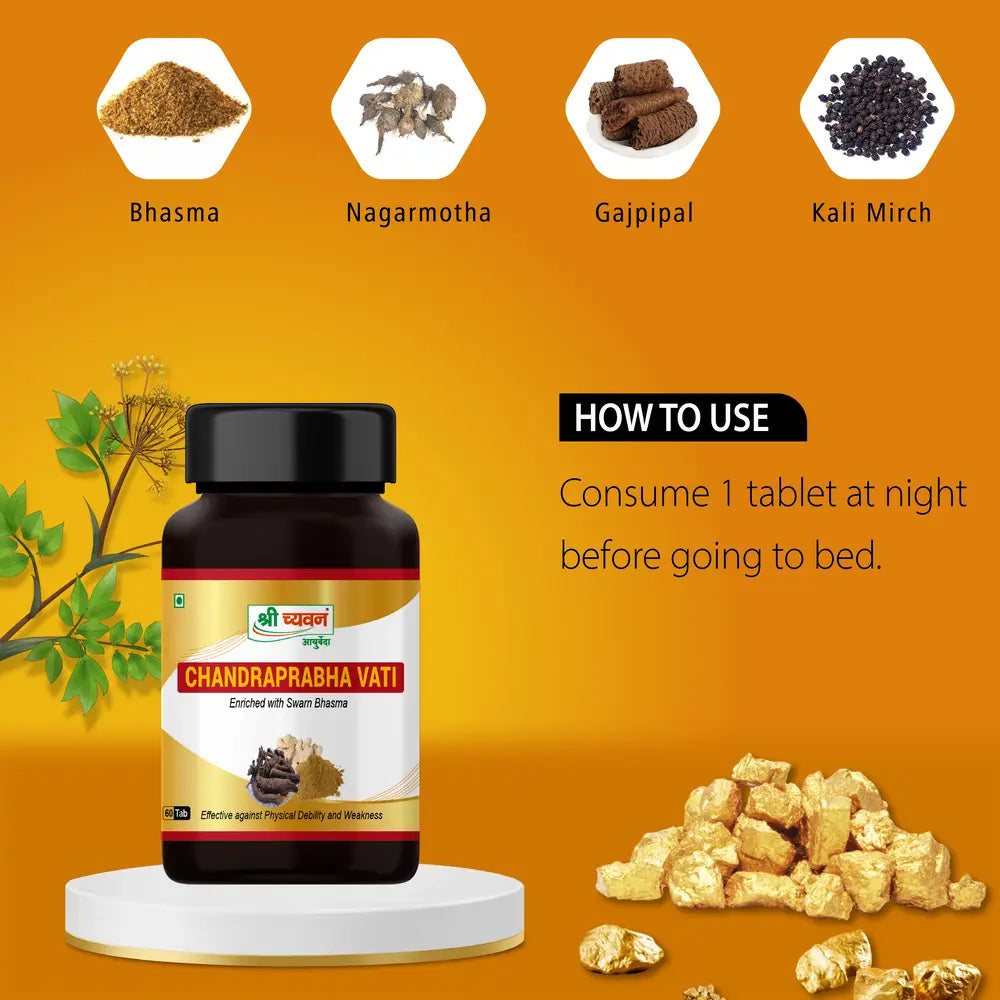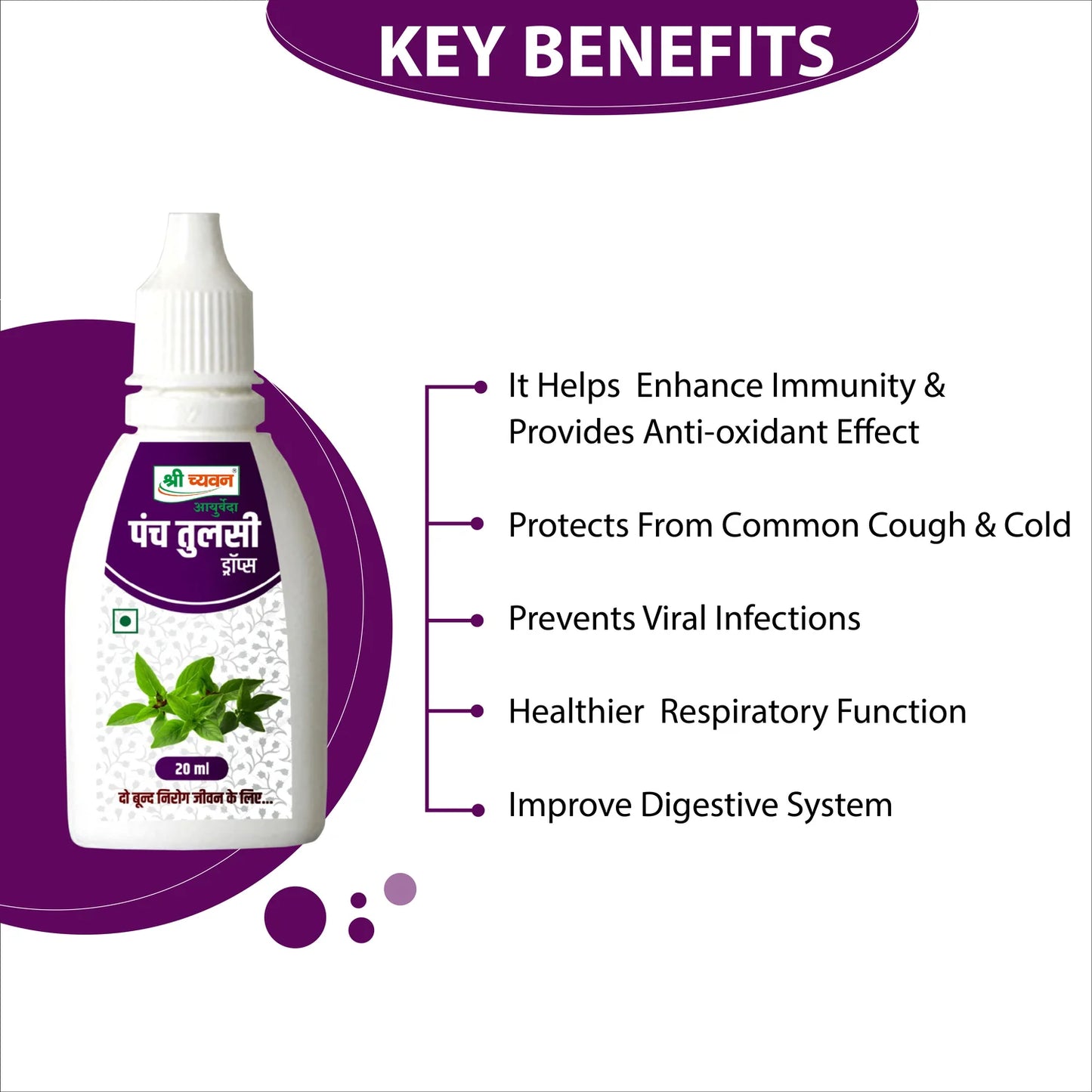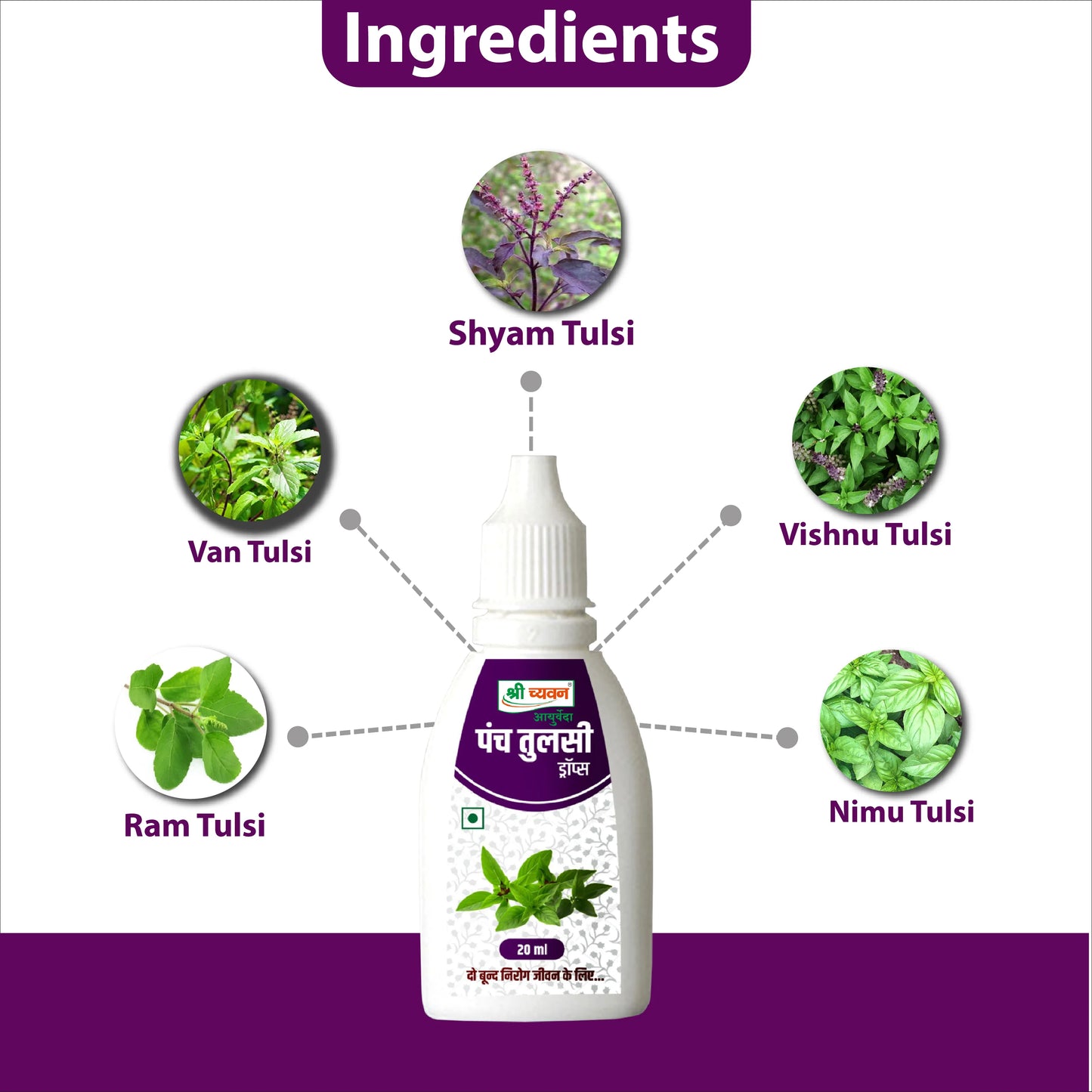Alcohol, a common part of social gatherings and relaxation for many, can also have detrimental effects on our health, particularly on the liver. Among the spectrum of liver diseases, one prominent concern is Alcoholic Fatty Liver Disease (AFLD). This blog post aims to delve into the intricate relationship between alcohol consumption and the development of AFLD while emphasizing the critical role of alcohol cessation in managing and potentially reversing this condition.
The Effects of Alcohol on the Liver:
Alcohol metabolism primarily occurs in the liver. When consumed, alcohol is broken down by enzymes, generating harmful by-products that can damage liver cells. Regular and excessive alcohol consumption can lead to the accumulation of fat in the liver, a condition known as alcoholic fatty liver disease.
What do you mean by AFLD?
AFLD encompasses a range of conditions, starting from simple fatty liver to more severe forms like alcoholic hepatitis and eventually progressing to cirrhosis. The initial stage, alcoholic fatty liver, often shows no symptoms but indicates the first step toward liver damage.
Development of AFLD:
The development of AFLD is directly correlated with the amount and duration of alcohol consumption. Not everyone who drinks heavily will develop AFLD, but the risk significantly increases with consistent, excessive drinking. Factors such as genetic predisposition and overall health can also influence the likelihood of AFLD development.
The Importance of Alcohol Cessation:
One of the most crucial steps in managing AFLD is alcohol cessation. Ceasing alcohol consumption can halt and even reverse the early stages of AFLD. The liver has a remarkable ability to regenerate, and by stopping alcohol intake, individuals can give their liver a chance to heal and recover from the damage caused by excessive drinking.
Liver Care Kit:
Product Description: Our Ayurveda experts have formulated Liver Care Kit, focusing on problems related to alcohol-related liver diseases, Hepatitis, Hemochromatosis, etc. This kit is made using all herbal and natural ingredients and is safe to use. It consists of:
- Chandraprabha Vati: It reduces the level of Uric acid, which ultimately helps to provide relief from the pain in the liver and reduces swelling as well.
Ingredients:
It consists Swarn Bhasm, Vai Vidang, Chitrak Bark, Daruharidra, Devdaru, Camphor, Pipalmool, Nagarmotha, Pippal, Kali Mirch, Yavkshar, Vach, Dhania, Chavya, Gajpipal, Sounth, Sendha Namak, Nishoth, Dantimool, Tejpatra, Chhoti elaichi.
How to use: Consume 1 tablet at night before going to bed.
- Panch Tulsi Drops: Our Panch Tulsi Drops helps in boosting the immune system and build body's resistance.
Ingredients: Panch Tulsi Drops consist of extract of 5 types of tulsi namely: Ram Tulsi, Van Tulsi, Shyam Tulsi, Vishnu Tulsi, and Nimu Tulsi. It does not include any artificial colors, flavors, etc.
How to use: Add 1-2 drops of Panch Tulsi Drops in a cup of tea/coffee or in a glass of water, twice a day.
- Uti Care Syrup: One of the best ayurvedic medicine for fatty liver treatment useful in curing Urine Infection and Urine blockages. It also acts as a detoxifier for your body and cleanses your system.
Ingredients: It consists of mainly Varun Chal, Sharpunkha, Gokharu, Punarnava, Amle, Harde, Baheda, Sariva, Swat Chandan, Ashok Bark, Kanchanar, Gullar Fruit, Pipar Bark, Drumstick Bark, Babbol Bark, Dhatkipuspa.
How to use: Consume 1 teaspoon thrice a day with cold water or as directed by the physician.
- Liver Care Syrup: The best ayurvedic syrup for fatty liver formulated to cleanse your liver, strengthening the overall functioning of the liver.
Ingredients: It consists of Chitrakmul, Amla, Harde, Baheda, Bel Patra, Dhana, Aloe vera, Ajwain, Punarnava, Giloy Satva, Neem Chal and Tulsi.
How to use: Consume 1-2 teaspoonful of Liver Care Syrup, thrice a day or as suggested by your physician.
Liver Care Kit Benefits
-
Natural Healing: Ayurvedic medicines use natural ingredients, potentially causing fewer side effects compared to conventional medications.
-
Liver Protection: Certain herbs in Ayurveda possess hepatoprotective properties that aid in protecting and restoring liver health.
-
Balancing Doshas: Ayurvedic treatments aim to balance the doshas, which can have a positive impact on liver function.
-
Improving Digestion: Many Ayurvedic remedies focus on improving digestion, which indirectly benefits liver health by reducing the burden on the organ.
-
Holistic Approach: Ayurveda considers the overall well-being of an individual, addressing not just the symptoms but also the root cause of the disease.
-
Reduced Toxic Load: Through detoxification therapies, Ayurveda helps in eliminating toxins from the body, relieving the liver.
-
Enhanced Metabolism: Ayurvedic treatments can potentially improve metabolism, aiding in the breakdown of fats in the liver.
-
Individualized Treatment: Ayurvedic treatments are often personalized based on an individual's constitution, offering a tailored approach.
-
Long-Term Benefits: Ayurveda focuses on lifestyle changes, promoting long-term health benefits rather than just short-term relief.
- Complementary Approach: Ayurvedic medicines can complement conventional treatments, potentially enhancing the overall therapeutic effect.
Steps to Manage Fatty Liver Disease:
-
Dietary Changes: Ayurveda emphasizes a balanced diet tailored to your dosha (body constitution). It often recommends avoiding processed foods, refined sugars, high-fat foods, and alcohol. Favoring fresh fruits,
vegetables, whole grains, and herbs beneficial to the liver is suggested.
-
Herbal Remedies: Ayurvedic herbs like Kutki, Bhumi Amla, Punarnava, and Triphala are believed to have hepatoprotective properties that may help in reducing fat accumulation and improving liver function.
-
Detoxification: Panchakarma, an Ayurvedic detoxification process involving therapies like Virechana (therapeutic purgation), may aid in eliminating toxins from the body and supporting liver health.
-
Yoga and Exercise: Practicing yoga asanas and moderate exercise according to your body type can enhance digestion, metabolism, and overall health, indirectly benefiting the liver.
- Stress Management: Stress can aggravate liver conditions. Ayurveda advocates stress reduction techniques like meditation and pranayama (breathing exercises) to maintain emotional and mental balance.
Alongside alcohol cessation, managing AFLD involves adopting a healthy lifestyle, including a balanced diet and regular exercise. Seeking medical advice and support groups can also be instrumental in successfully quitting alcohol and managing AFLD. Healthcare professionals can provide personalized guidance and support to individuals aiming to make lifestyle changes for the betterment of their liver health.
Alcoholic Fatty Liver Disease is a significant health concern associated with excessive alcohol consumption. Understanding its development and the pivotal role of alcohol cessation in managing AFLD highlights the importance of making informed choices about alcohol consumption for our liver's well-being. Ayurvedic fatty liver medicine seeking support and adopting healthier habits, individuals can potentially mitigate and even reverse the effects of AFLD, ensuring a healthier future for their liver health.

